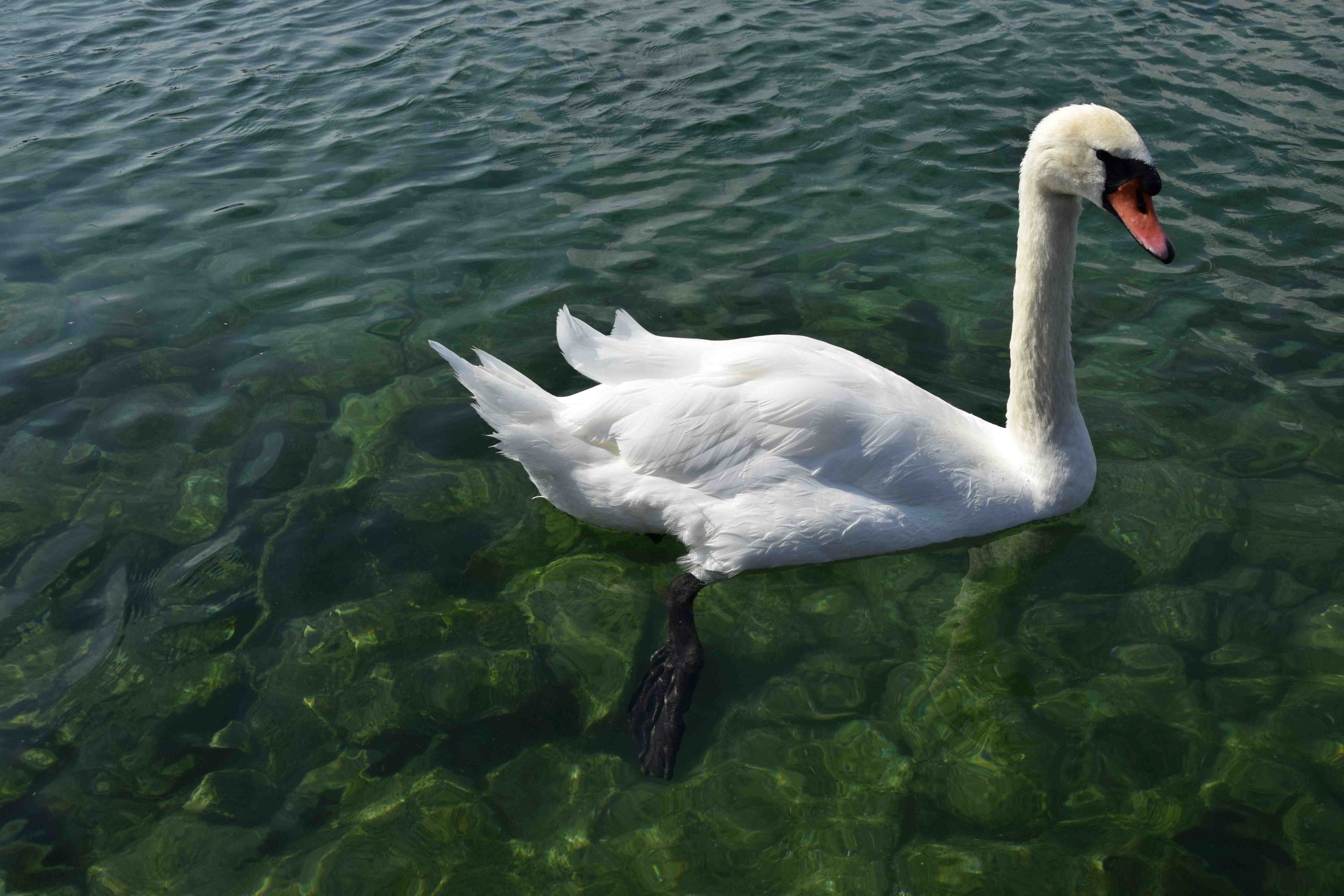Lake Geneva offers several dog-friendly swimming spots, including Big Foot Beach State Park, Library Park, and Edgewater Park in Williams Bay. Each location has specific rules and considerations for dog owners. Safety is paramount, with leash laws, water quality checks, and awareness of potential hazards being crucial. This guide provides detailed information on designated areas, regulations, and best practices for dog swimming in Lake Geneva.
Where Can Dogs Swim in Lake Geneva?

Lake Geneva boasts several dog-friendly swimming spots, each with its unique characteristics:
- Big Foot Beach State Park:
- Location: Outside the swim buoys, north of the main beach area
- Pros: Officially designated dog swimming area
-
Cons: Close to a busy road, potential safety concerns
-
Library Park:
- Location: Near the kayak storage on the west end
- Pros: More secluded and safer environment
-
Cons: Limited space during peak seasons
-
Edgewater Park in Williams Bay:
- Location: In front of the footbridge west of the park
- Pros: Safe and secluded environment
- Cons: May be crowded during summer months
What Are the Regulations for Dog Swimming in Lake Geneva?

Understanding and adhering to local regulations is crucial for a safe and enjoyable experience:
- Leash Laws:
- Dogs must be on a leash no longer than 8 feet in most areas
-
This applies to Big Foot Beach State Park and other public spaces
-
Swimming Hours:
- No specific swimming hours for dogs
-
Owners should respect park operating hours and any posted restrictions
-
Permits and Fees:
- Vehicle admission sticker required for Big Foot Beach State Park
- No specific permits for dog swimming, but compliance with park rules is mandatory
How to Ensure Safety While Dog Swimming in Lake Geneva?
Safety should be the top priority when taking your dog swimming in Lake Geneva:
- Water Temperature Guidelines:
- Check water temperature before allowing your dog to swim
- Summer months generally offer comfortable temperatures
-
Spring and fall may have colder water, potentially unsafe for swimming
-
Potential Hazards:
- Traffic near Big Foot Beach State Park
- Boating and fishing activities in shared areas
-
Water quality fluctuations
-
Best Practices:
- Always supervise your dog while swimming
- Use a leash when not in designated swimming areas
- Clean up after your dog and dispose of waste properly
- Monitor your dog’s health after swimming, especially if they ingest lake water
What Are the Best Times for Dog Swimming in Lake Geneva?
Choosing the right time for dog swimming can enhance the experience:
- Seasonal Considerations:
- Summer: Ideal water temperatures, but more crowded
- Spring/Fall: Less crowded, but colder water temperatures
-
Winter: Not suitable for swimming due to freezing temperatures
-
Time of Day:
- Early morning: Less crowded, cooler temperatures
- Late afternoon: Warmer water, but potentially more crowded
- Avoid midday during summer to prevent overheating
How to Prepare for a Dog Swimming Trip to Lake Geneva?
Proper preparation ensures a smooth and enjoyable experience:
- Essential Items:
- Leash (8 feet or shorter)
- Waste bags
- Fresh water and a portable bowl
- Towels for drying
-
Dog-safe sunscreen for short-haired breeds
-
Health and Safety Precautions:
- Ensure your dog is up-to-date on vaccinations
- Check for any open wounds or skin irritations before swimming
-
Consider a life jacket for inexperienced swimmers or older dogs
-
Training and Familiarization:
- Introduce your dog to water gradually if they’re not experienced swimmers
- Practice recall commands to ensure your dog will return when called
What Are the Benefits of Dog Swimming in Lake Geneva?
Swimming in Lake Geneva offers numerous benefits for dogs:
- Physical Exercise:
- Low-impact cardiovascular workout
- Builds strength and endurance
-
Helps maintain a healthy weight
-
Mental Stimulation:
- New environment and experiences
-
Sensory enrichment from different sights, sounds, and smells
-
Bonding Opportunity:
- Shared activity strengthens the human-dog relationship
-
Creates positive associations with water and outdoor activities
-
Temperature Regulation:
- Helps dogs cool off during hot summer months
- Provides relief for dogs with joint issues or arthritis
How to Address Common Challenges When Dog Swimming in Lake Geneva?
Anticipating and addressing common challenges can lead to a more enjoyable experience:
- Water Aversion:
- Gradually introduce your dog to water
- Use positive reinforcement and treats
-
Consider starting with shallow areas or dog-friendly pools
-
Overexcitement:
- Practice obedience commands before swimming
- Use a long lead for better control
-
Take frequent breaks to prevent exhaustion
-
Ingesting Lake Water:
- Discourage drinking from the lake
- Bring fresh water and encourage regular drinking breaks
-
Monitor for signs of illness after swimming
-
Interactions with Other Dogs:
- Keep your dog leashed when not swimming
- Be aware of your dog’s social preferences
- Respect other dogs’ space and their owners’ wishes
What Are the Alternatives to Dog Swimming in Lake Geneva?
For those times when swimming isn’t possible or desired, consider these alternatives:
- Hiking Trails:
- Big Foot Beach State Park offers dog-friendly hiking trails
-
Provides exercise and mental stimulation
-
Dog Parks:
- Lake Geneva Dog Park offers a fenced area for off-leash play
-
Great for socialization and exercise
-
Water Play at Home:
- Kiddie pools or sprinklers can provide water fun
-
Safer option for dogs not comfortable with lake swimming
-
Indoor Activities:
- Visit dog-friendly shops in Lake Geneva
- Arrange playdates with other dog owners
By following these guidelines and considering all aspects of dog swimming in Lake Geneva, you can ensure a safe, enjoyable, and memorable experience for both you and your furry companion.
References:
1. Big Foot Beach State Park – Bring Fido
2. Dog-Friendly Activities in Lake Geneva, WI – BringFido
3. Top Dog-Friendly Spots in the Lake Geneva Area
